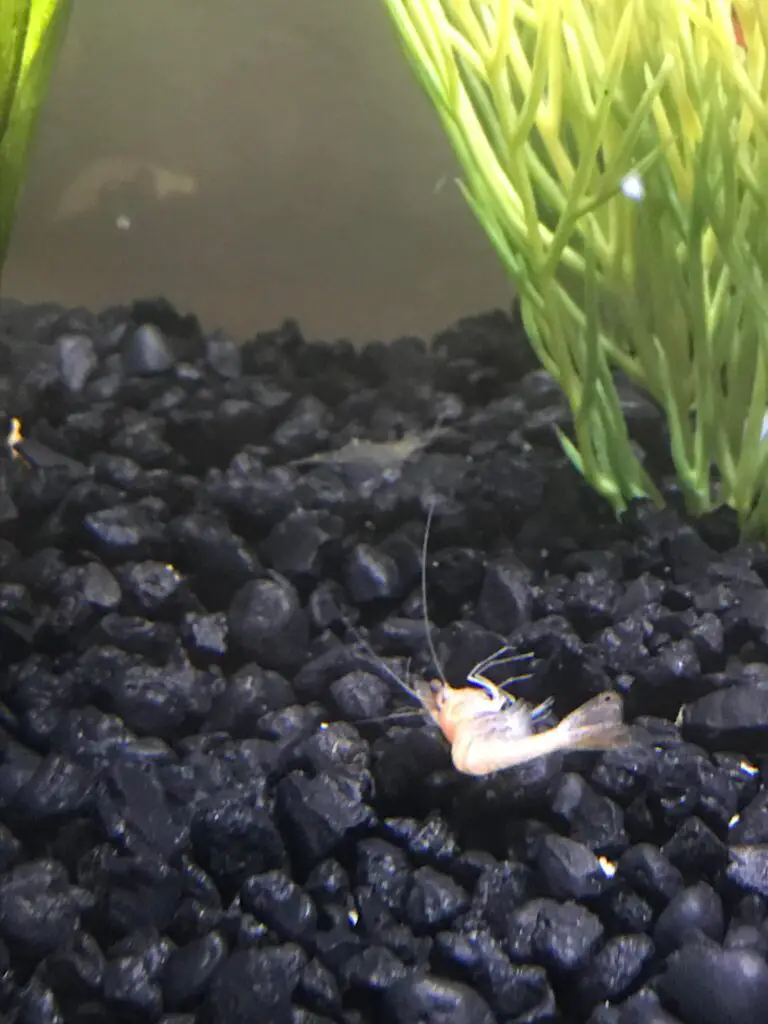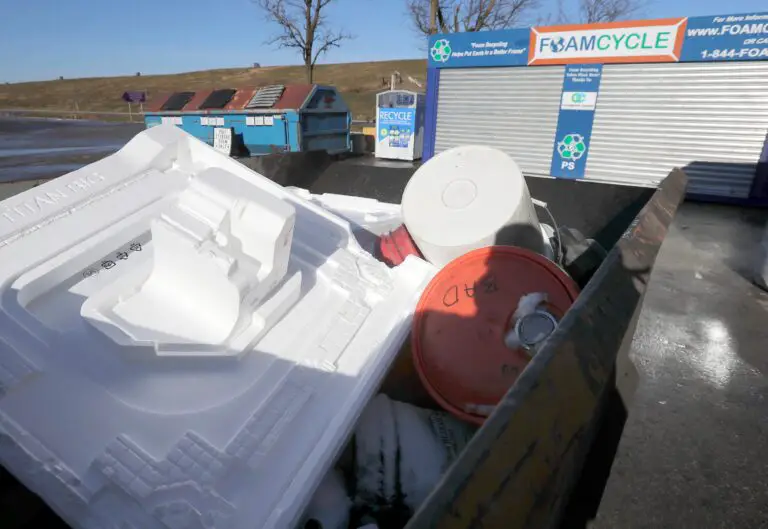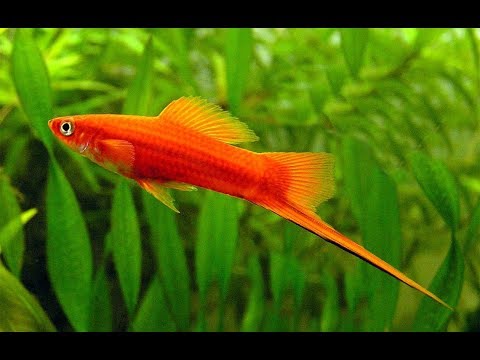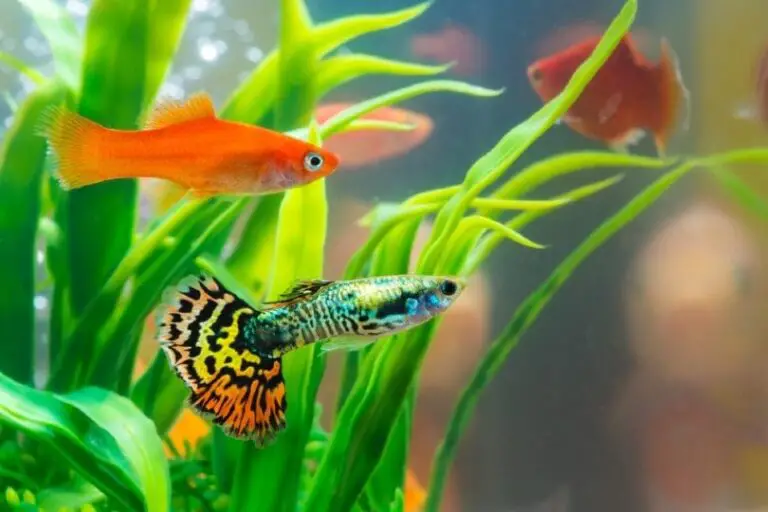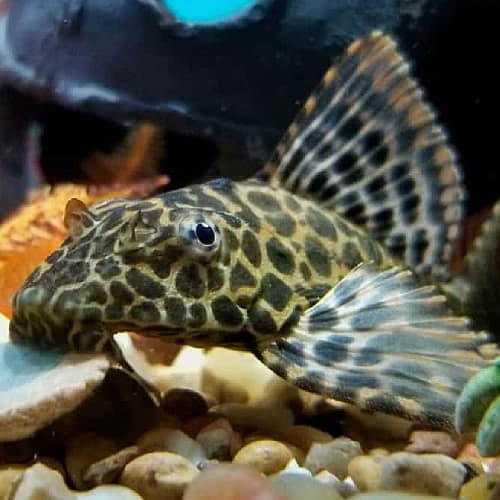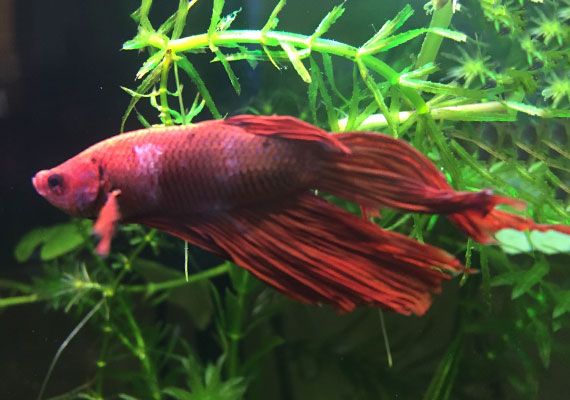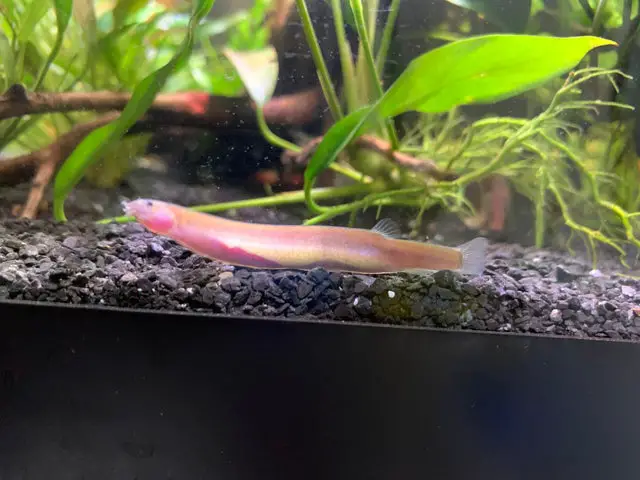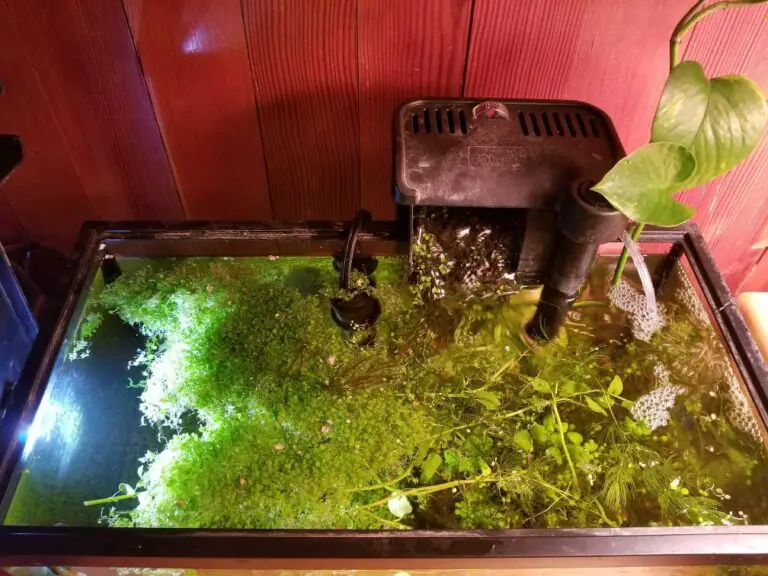Is My Shrimp Dead Or Molting?
Motionless and unresponsive shrimp are typically dead. They become stiff and rigid over time, differing from recently deceased shrimp, which may have a grayish and soft exterior. Dead shrimp may have lost legs or claws due to predators in their environment. These physical indicators can help determine if your shrimp is alive, molting, or deceased….
